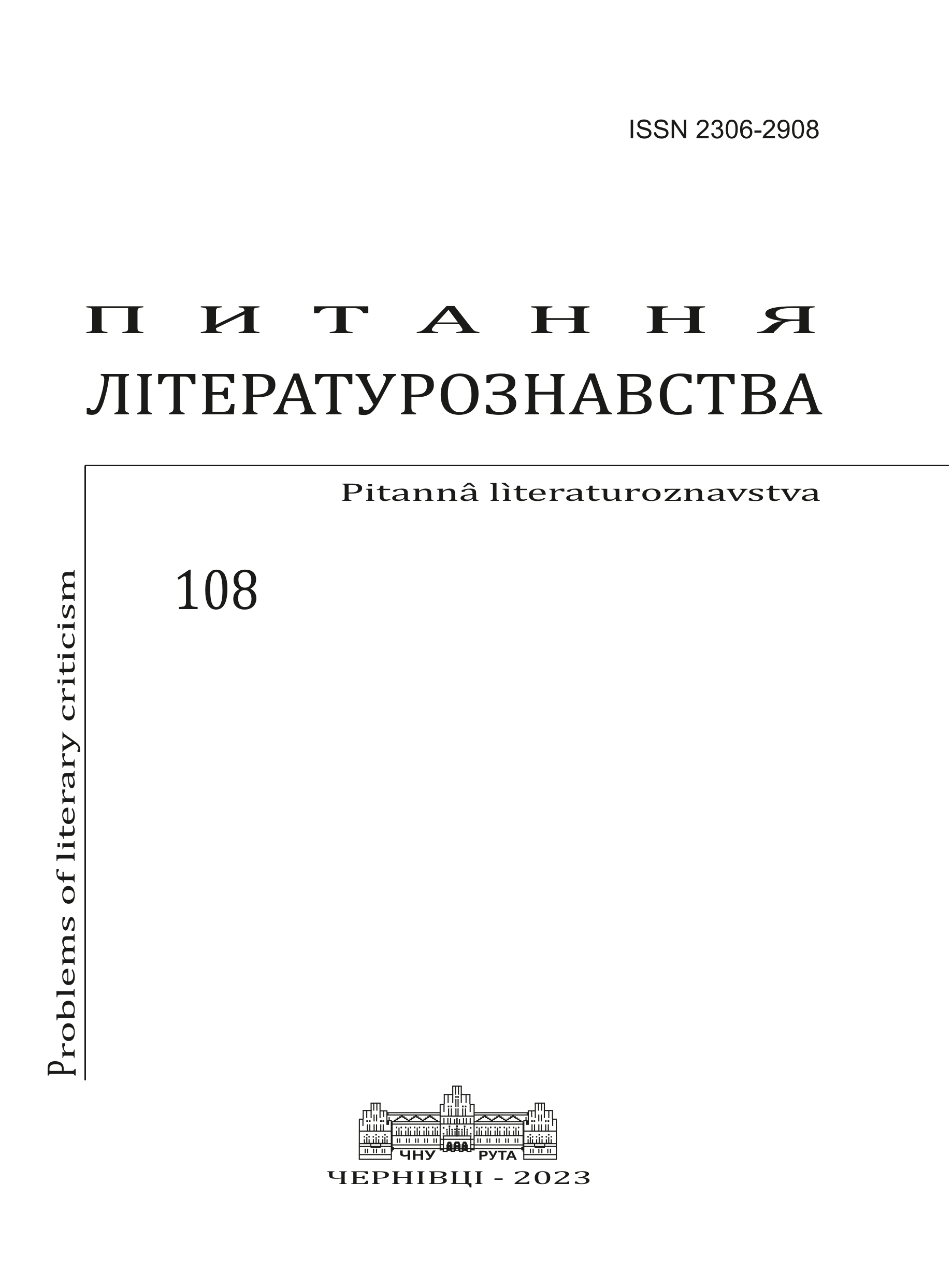Культурно-історичний контекст подолання травматичного минулого (на прикладі новітнього німецькомовного роману поколінь)
Cultural and Historical Context of Struggle of Overcoming the Traumatic Past (On the Example of Modern German Generational Novel)
Author(s): Olya HrecheshnyukSubject(s): Language and Literature Studies, Studies of Literature, German Literature, Sociology of Literature
Published by: Чернівецький національний університет імені Юрія Федьковича
Keywords: generational novel; historical memory; family memory; collective guilt; generational responsibility; trauma; overcoming the past
Summary/Abstract: This article deals with the process of “reinterpretation of the past” in the modern German literature, social and political discourse. The research demonstrates, that the German people actively work with their own past and form new national attitudes and values. The generation, who replaced the eyewitnesses and participants of the terrible crimes of the last century (the World War ІІ, the Holocaust, National Socialism), does not distance themselves from these events, but, on the contrary, accept the whole truth. The results of the research show that after the fall of the Berlin Wall in the 90s of the 20th century, a lot of novels were published, which directly and without illusions demonstrate this most terrible page in the history of Germany. In such novels, on the example of their own family stories, the authors raise important questions about the collective guilt and responsibility of the German people for crimes against human life. The authors describe the lives of three generations of one family and demonstrate how the worldview and thoughts of people are changing over time and how this affects the process of overcoming a historical traumatic experience for German nation. This was especially shown in the works “Pawel’s letter” written by M. Maron and “Heavenly bodies” by T. Dückers, “In my brother’s shadow” by U. Timm. The similar situation we observe in the Ukrainian literature during the last twenty years. A number of authors raise important historical topics, including reinterpretation of the history and the past in their family sagas. A special attention is paid to S. Andruhovych’s novel “Amadoka”. The results of the research accentuate its key features, which emphasize the relevance of such literature. In this article the culture-historical and comparative methods are used, a lot of attention is paid to the biographical analyze.
Journal: Питання літературознавства
- Issue Year: 2023
- Issue No: 108
- Page Range: 49-68
- Page Count: 20
- Language: Ukrainian

